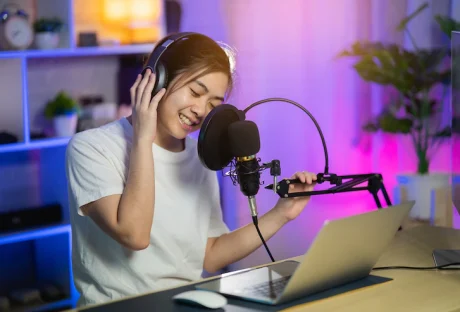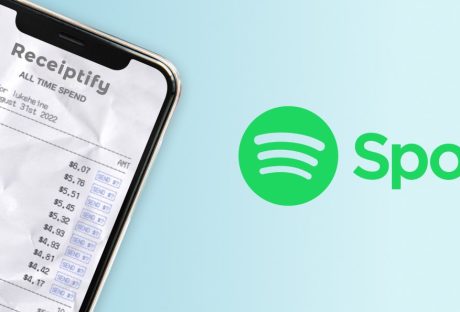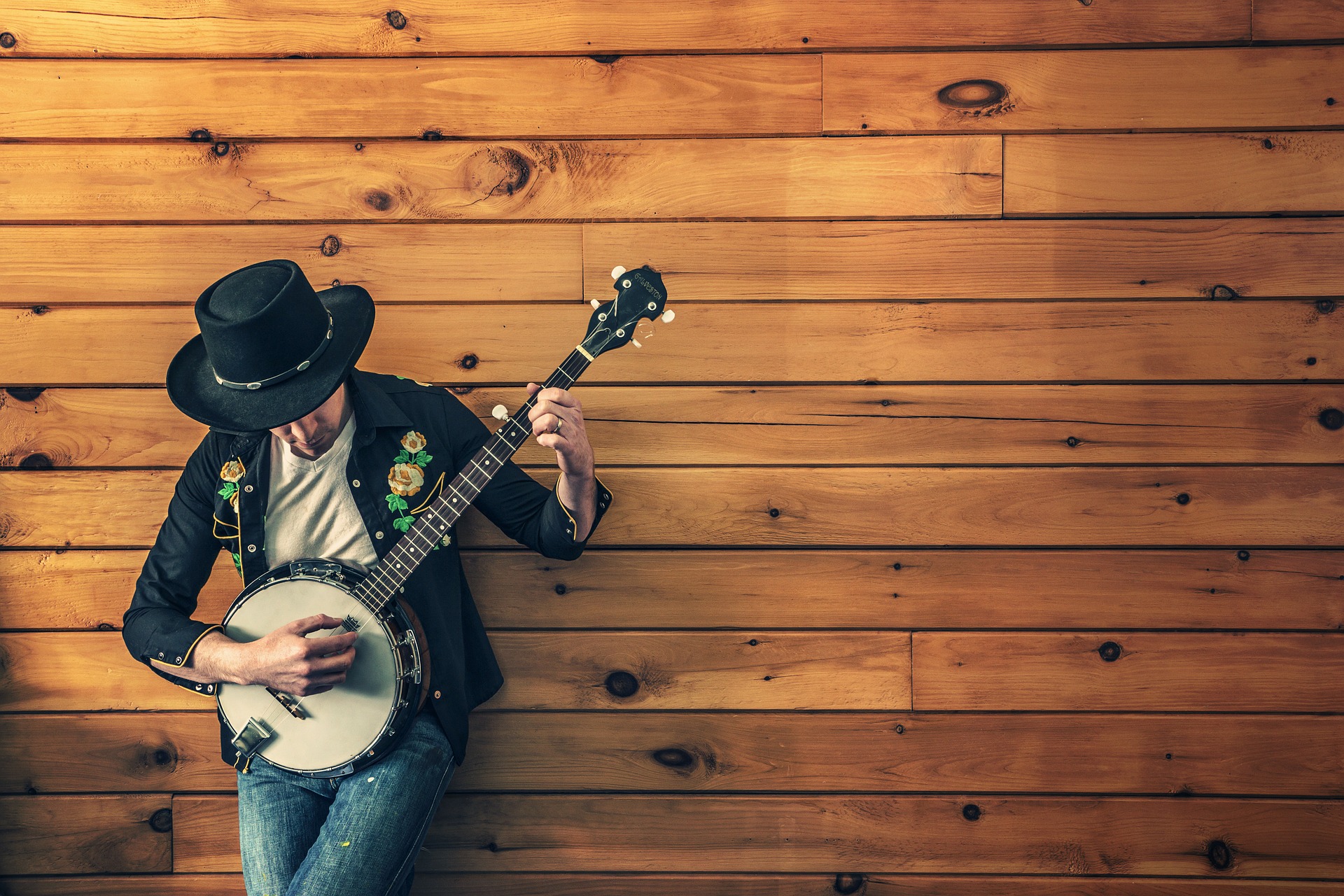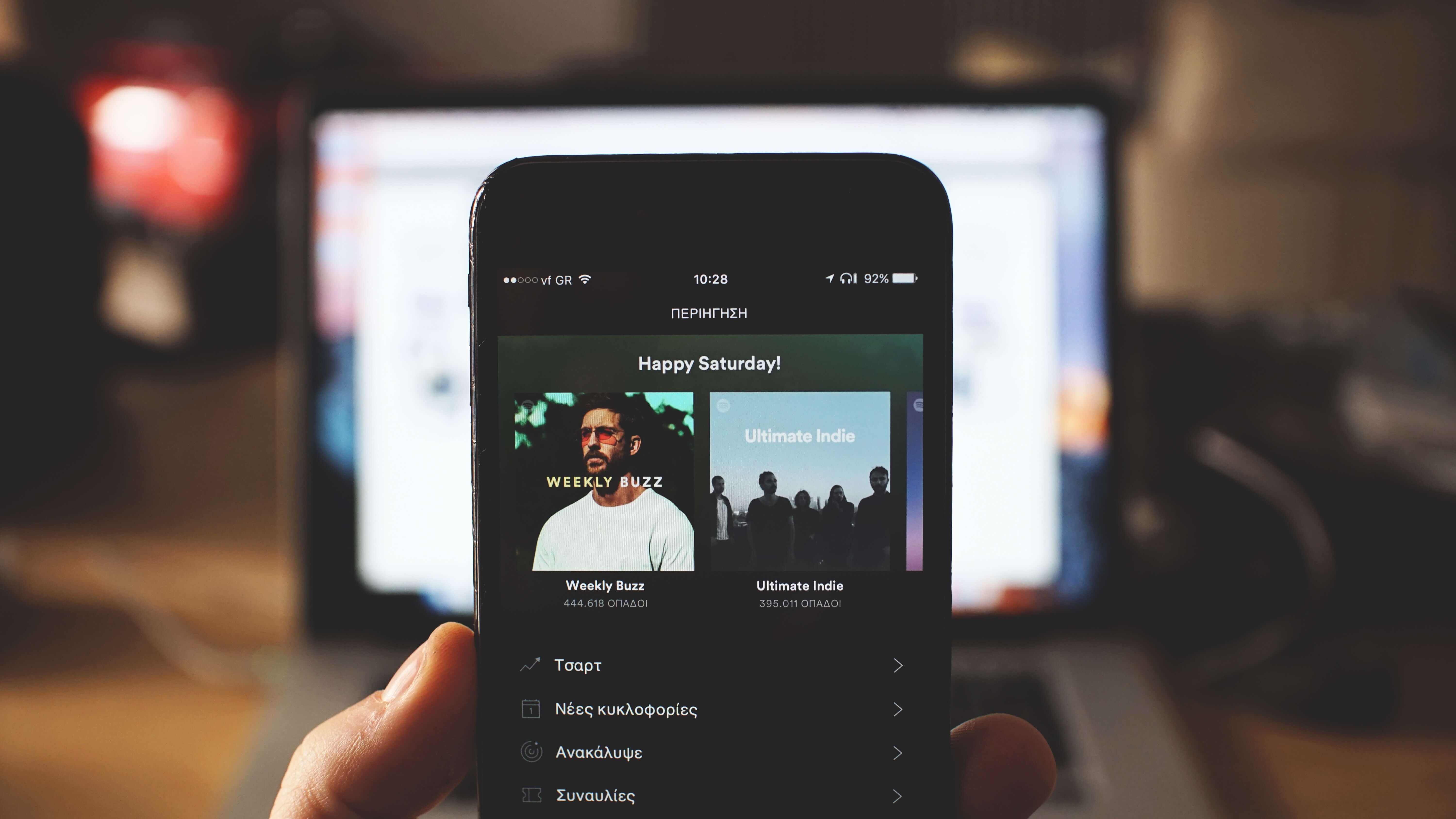To pay tribute to all fathers out there this year, we’ve decided to bring together the best dad performances in West End productions.
From lawyers to boy-band leaders, these father figures are the source of inspiration for so many of us.
So, without further ado, here are the best dads on the stage in 2022.
Top 6 Best Dads on The Stage

1. Lance DuBois
& Juliet is filled with unique bonds, and the relationship between Lance and his son Francois is fraught from the start. However, as the show progresses, we see Lance accept his son for who he is and accepts his vision for his future self.
By joining a family boy band, Lance and Francois strengthen their bond and create an on-stage alliance that you’re sure to fall in love with this year.
2. George McFly
Who hasn’t wondered what their parents were like when they were younger? In Back to the Future, Marty has the opportunity to interact with his dad when he travels back to a time when he meets his mum.
It’s scintillating stuff, and there are laughs and jokes along the way as Marty ends up coaching George to impress his mum, so the two can fall in love.
Among other things, Marty inspires his future dad to stand up to bullies, and their relationship evolves as Marty races against time to ensure his future is just as it should be. This timeless classic has been reinvented for the stage, and it certainly doesn’t disappoint.
3. Sam, Bill, and Harry
No matter how you look at it, Donna rocks as a single mum. With some help from her Greek friends, she’s given everything she possibly can to Sophie, and there’s no questioning the depth of the relationship between mother and daughter.
In Mamma Mia, Sophie lets curiosity get the better of her, and her subsequent journey proves that biology isn’t everything. In this Abba musical, Sophie interacts with not one but three dads and learns some super important lessons along the way.
4. Walter
When Will Ferrel informs his short-tempered, city-dwelling dad of his existence in the film adaptation of Elf, Walter’s reaction is one of the best things about the movie. But without spoiling the plot line, the on-stage adaptation shows us a slightly different side of Walter.
In fact, Buddy and Walter develop an incredible relationship that blossoms as the production develops. This feel-good family favorite is one of the West End’s most popular Christmas productions, and the dynamic between Walter and Buddy is a huge part of the show’s success.
5. Jean Valjean
Following his branding as a criminal, Jean Valjean is inspired to become a gentleman. He uses his newfound status, charm, and wealth to do good, helping those in need throughout Les Mis.
Jean steps up and looks after Cossette, becoming a father figure to the young girl and doing everything he can to keep her alive. Book your tickets today to see Jean in action and enjoy one of the West End’s legendary shows in all its splendor.
6. Atticus Finch
In To Kill a Mockingbird, Atticus plays the role of a single father quite brilliantly. He encourages his children to speak their minds, explore new ideas, and challenge racial stereotypes.
His relationship with Calpurnia plays out beautifully on stage, and the character that is based on Harper Lee’s own father is one that Rafe Spall certainly does justice to.
Additionals:






















